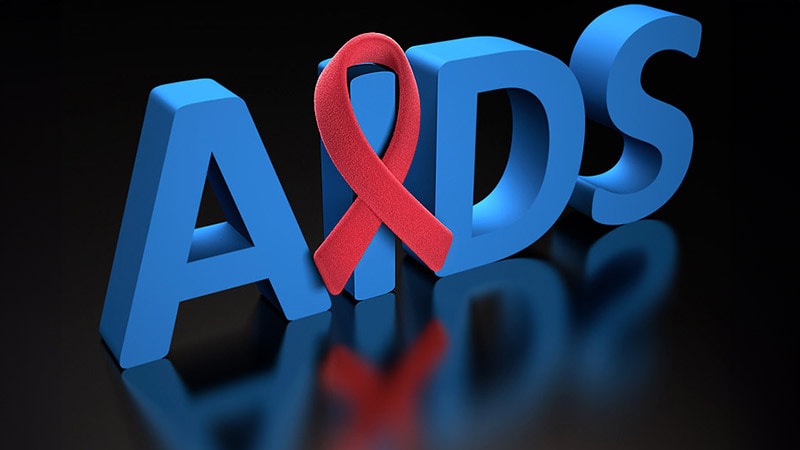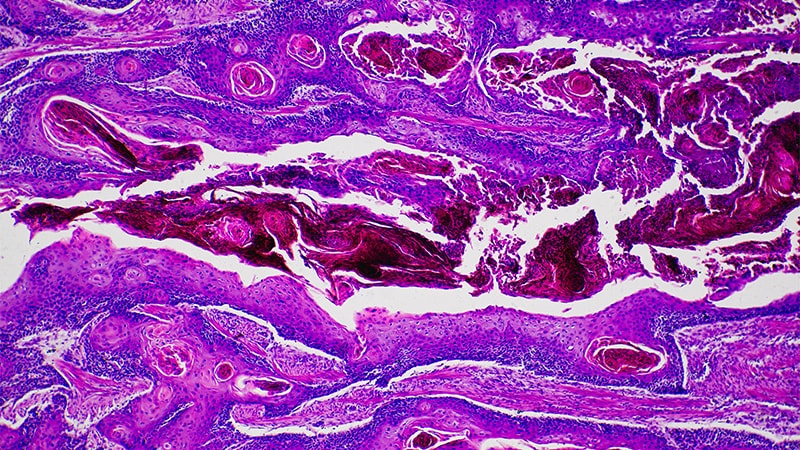Updated guidelines on management of gastrointestinal opportunistic infections in people living with HIV (PLHIV) are now available from the British HIV Assocation (BHIVA).
Although the incidence of opportunistic GI infections has fallen since the advent of combination antiretroviral therapy (cART), opportunistic infections may still occur even in those with higher CD4 counts. There are also some differences in pathology compared with non-HIV-positive populations. However, PLHIV remain susceptible to the same conditions as the general population, so consultation with a gastroenterologist is recommended if a cause for persisting GI symptoms is not apparent.
The guideline covers the following topics:
- Oropharyngeal and oesophageal infections, of which candidiasis is the most common. Candidiasis is covered by a separate guideline published in 2019.
- Diarrhoea, which affects approximately 18% of PLHIV even in the era of cART. Cytomegalovirus remains the most common cause of viral gastroenteritis in PLHIV, whereas bacterial gastroenteritis can be caused by a range of organisms.
- Parasitic and helminth infections: Cryptosporidium spp., Microsporidium spp., Cyclospora cayetanensis and Cystoisospora belli are the organisms identified has having an associated with HIV.
- Fungal infections: several fungal species have been reported as rare causes of lower GI tract infection in PLWH, usually in those with low CD4 count.
The previous BHIVA/BIA guidelines for the treatment of opportunistic infection date from 2011 and are being updated chapter by chapter.


